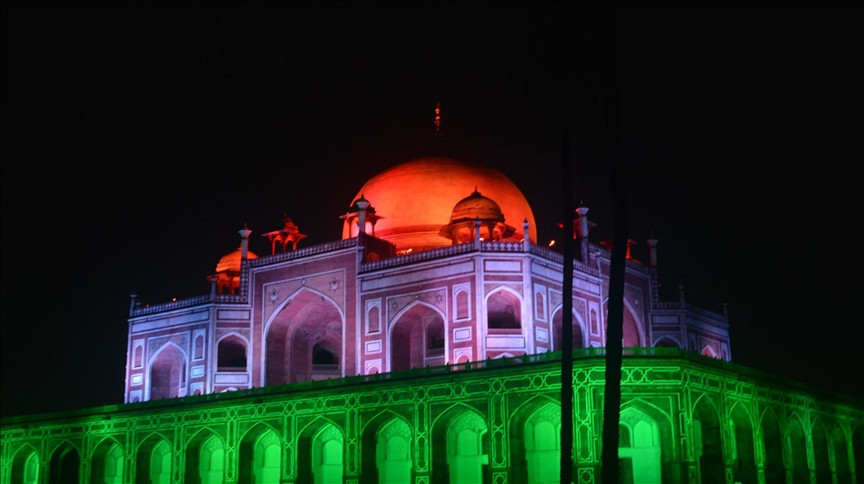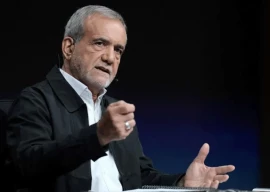
Indian Prime Minister Narendra Modi advocated for the introduction of a uniform civil code across the nation, as India marked its 78th Independence Day on Thursday.
Speaking from the historic Red Fort in New Delhi, Modi referenced discussions held by the Supreme Court on this issue, stating that a large section of society believes that the current civil code is inherently communal and discriminatory.
Modi emphasised the need for a national conversation on the matter, encouraging citizens to voice their opinions. He described a secular civil code as essential for the country at this time.
India’s Independence Day celebrations coincided with ongoing concerns about border security, unemployment, and regional political changes. For the first time since his election in 2014, Modi addressed the nation with a reduced political mandate. Despite the challenges, approximately 6,000 guests attended the event in person, under heightened security measures in the capital.
The celebrations extended beyond the main event in New Delhi, with rallies and flag-hoisting ceremonies held across the country. The Defence Ministry stated that the day served as an opportunity to reinvigorate the government's efforts to transform India into a developed nation by 2047, marking the centenary of its independence from British colonial rule in 1947.
Analyst Niranjan Sahoo, based in New Delhi, highlighted several significant challenges facing India on its 78th Independence Day. These include unemployment and border security, particularly in regions like Indian Illegally Occupied Jammu and Kashmir and Ladakh, where tensions with China are ongoing. The general elections in June saw the Bharatiya Janata Party (BJP) securing 240 seats in the Lok Sabha, falling 32 seats short of the majority needed to form a government independently. It was only through coalition support that Modi's government secured its third term, with a total of 293 seats.
Sahoo identified the primary challenge as securing borders, particularly in conflict-prone areas such as Indian Illegally Occupied Jammu and Kashmir, Ladakh, and the northeastern state of Manipur. Manipur experienced ethnic violence last year, and Jammu and Kashmir have been without an elected government since 2018. Additionally, the longstanding border dispute between India and China along the Line of Actual Control in Ladakh remains unresolved.
Sahoo noted that India’s border regions, especially in the northeast, face significant challenges due to the instability in neighbouring Myanmar and Bangladesh.
Unemployment, particularly among the youth in northern India, also poses a major issue for the government. Despite government claims of creating millions of jobs in recent years, Sahoo pointed out that these assertions have not inspired confidence, especially given the numerous youth protests in northern states. Government data released in July indicated that the unemployment rate in India, the world's most populous nation, has been on a declining trend over the years.
Regarding regional political changes, Sahoo pointed out the complexities of managing relations with neighbouring countries, particularly in the wake of recent developments. Human Rights Watch noted that hate speech played a significant role in Modi’s election campaign earlier this year.
Meanwhile, India is grappling with the implications of the recent ousting of Sheikh Hasina, Bangladesh's former Prime Minister and a longstanding ally of India. Hasina fled Dhaka following a student-led uprising that ended her 15-year rule on August 5.
Sahoo remarked that India is struggling to navigate its relationship with Bangladesh, particularly with the potential rise to power of the Bangladesh Nationalist Party and its allies.
These challenges underscore the multifaceted issues India faces as it moves forward, with both domestic and regional dynamics requiring careful navigation in the years ahead.


1731637727-0/Bear--(1)1731637727-0-165x106.webp)

1731619853-0/ice-cream-(1)1731619853-0-165x106.webp)












COMMENTS
Comments are moderated and generally will be posted if they are on-topic and not abusive.
For more information, please see our Comments FAQ